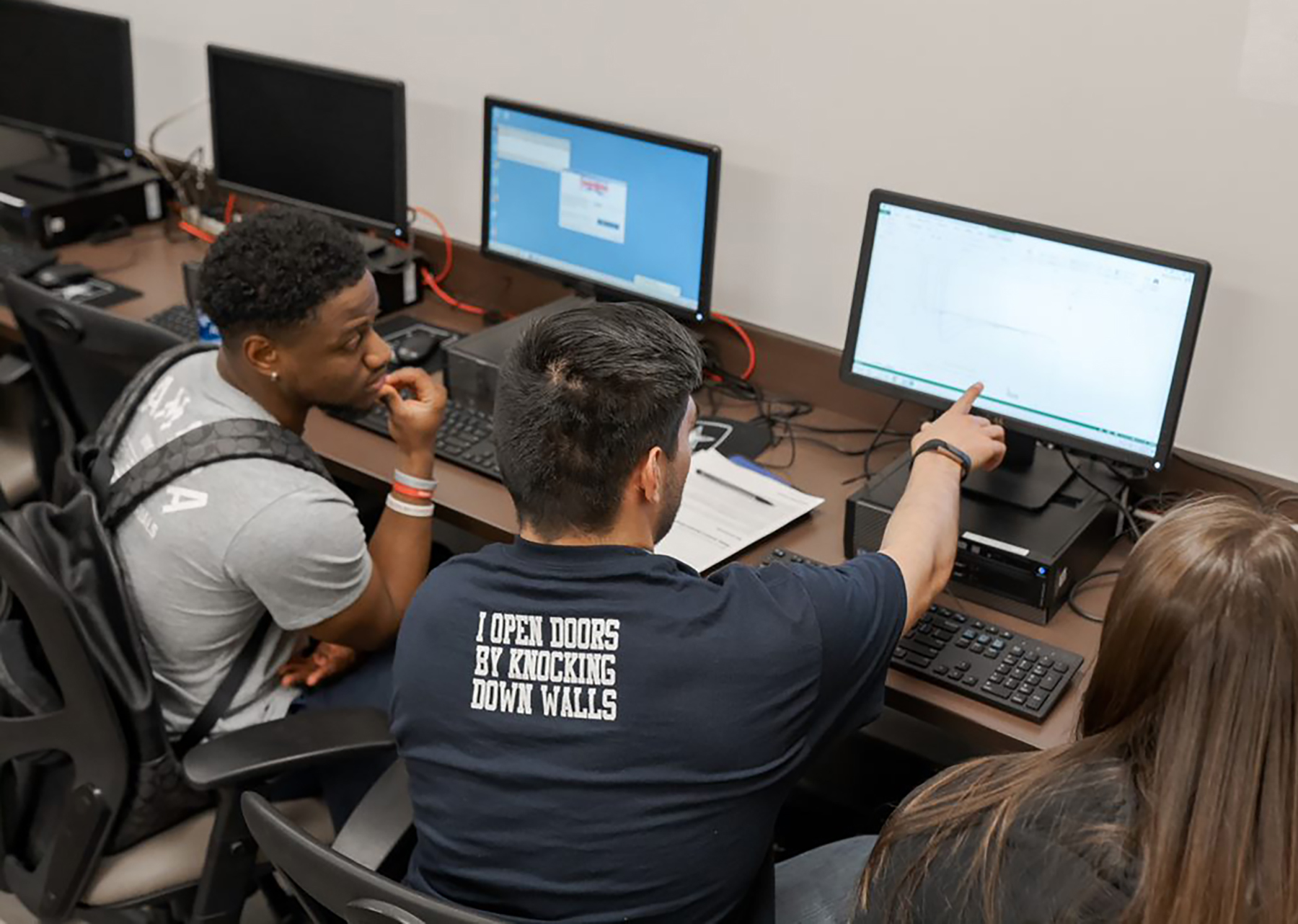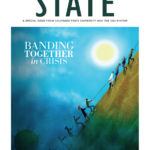Photograph: CSU Pueblo
Our campus has two defining characteristics helping to guide our response to the COVID-19 pandemic, with an emphasis on student support and community connections: We are a regional comprehensive university, one focused on preparing students for critically needed careers in our region; and our campus is federally designated as a Hispanic-Serving Institution, a classification that not only describes our student body, but also has allowed us to secure essential funds that contribute to our support for students in this financially stressful time.
These characteristics also provide a framework for our 10-year strategic plan, debuted in 2018 and called Vision 2028; it is invaluable as a blueprint for pandemic response and recovery.
Even as COVID-19 has generated many concerns and uncertainties, our university gains strength from its roots – a fact validated in an article published in Forbes magazine in May. “Colorado State University Pueblo is one of the country’s up-and-coming HSIs,” the respected business magazine reported, referring to our designation as a Hispanic-Serving Institution.
Our federal designation reinforces our foundational mission of serving students and our region; it motivates CSU Pueblo to meet the needs of a population vulnerable to health and economic ravages of the coronavirus pandemic. We know our support for students has a ripple effect through our region, where residents are proud of our heritage of racial diversity and hard work.
Campus population data reflect this story: Of our total student body of 4,300 students, nearly half have both low-income and racially diverse backgrounds; 34 percent are Hispanic or Latinx. Most of our students are from working-class families, and many are the first in their families to attend college.
This diversity is one important reason that, in a letter to our campus community in June, I condemned the hate and violence that has been perpetrated against people of color at the hands of violent individuals, groups, and organizations during and preceding the pandemic. Our campus community is proud of its history of inclusion and acceptance, so it is important for us to understand and voice the disproportionate burden of the coronavirus pandemic – in its health, economic, and societal effects – on Hispanic, Black, and Native American populations.
We know racial disparities in our country are real and that our university’s plans for the future must account for these realities to support student success and regional economic health.
Arising from campus and regional attributes, Vision 2028 has prepared us to meet a future that is less predictable because of COVID-19. The plan will implement a set of strategies to embed more students in work-based learning, so they may test-drive careers, earn college credit, and draw salaries that help with tuition costs. These strategies also meet the needs of our adult learners who have some college but no degree, thus encouraging students to earn credentials that drive earning power, quality of life, and economic development in Southern Colorado.
In the months ahead, we will develop much deeper relationships with our area employers, while developing new student success initiatives to strengthen learning and support systems in the wake of the pandemic. These new tactics within our vision manifest our commitment to people and community, which reflects our DNA.

Here are a few examples of how our vision and practices join to benefit our students and community.
Each new student at CSU Pueblo is paired with an academic success coach; new technological tools enhance communication between students and advisers. Our faculty are increasingly attuned to desired learning outcomes and skills, including teamwork, critical and creative thinking, communication skills, and problem-solving; we cement these outcomes in guiding principles, including entrepreneurship and sustainability, which bolster society broadly. Much of our academic programming advances these essential skills by emphasizing collaborative and interdisciplinary learning that reflect needs in the real world.
Our designation as a Hispanic-Serving Institution amplifies such efforts by qualifying our university for federal grants. For instance, CSU Pueblo recently landed a $6 million grant from the U.S. Department of Education that helps us draw students into STEM fields, with an emphasis on new and redesigned course work, hands-on research projects, and mentoring.
This work is promoting student retention and graduation, which is foundational to quality of life and regional economic health.
This pandemic has upended life as we knew it, and it is unlikely the old reality will return. CSU Pueblo is facing this uncertain moment with tenets that would steady us at any time – and are proving paramount now. We are practicing creative persistence, managing complexity, navigating change, and engaging diversity.
These principles help us prepare to restart in-person learning on campus in August, with appropriate modifications based on local, state, and federal guidance. In tandem with that guidance, we are using technology and connectivity to advance education, often working on multiple online platforms, based on the tasks at hand.
Our students are resilient and determined, and CSU Pueblo is equally determined, even during a pandemic, to help them build opportunities. That’s what makes us the people’s university of the Southwest.
Timothy Mottet, Ed.D., is president of Colorado State University Pueblo. As a recent Baldrige Executive Fellow, he undertook leadership development through a top-ranked program of the U.S. Department of Commerce and has been recognized as an educational trailblazer by the Center for Digital Education.





